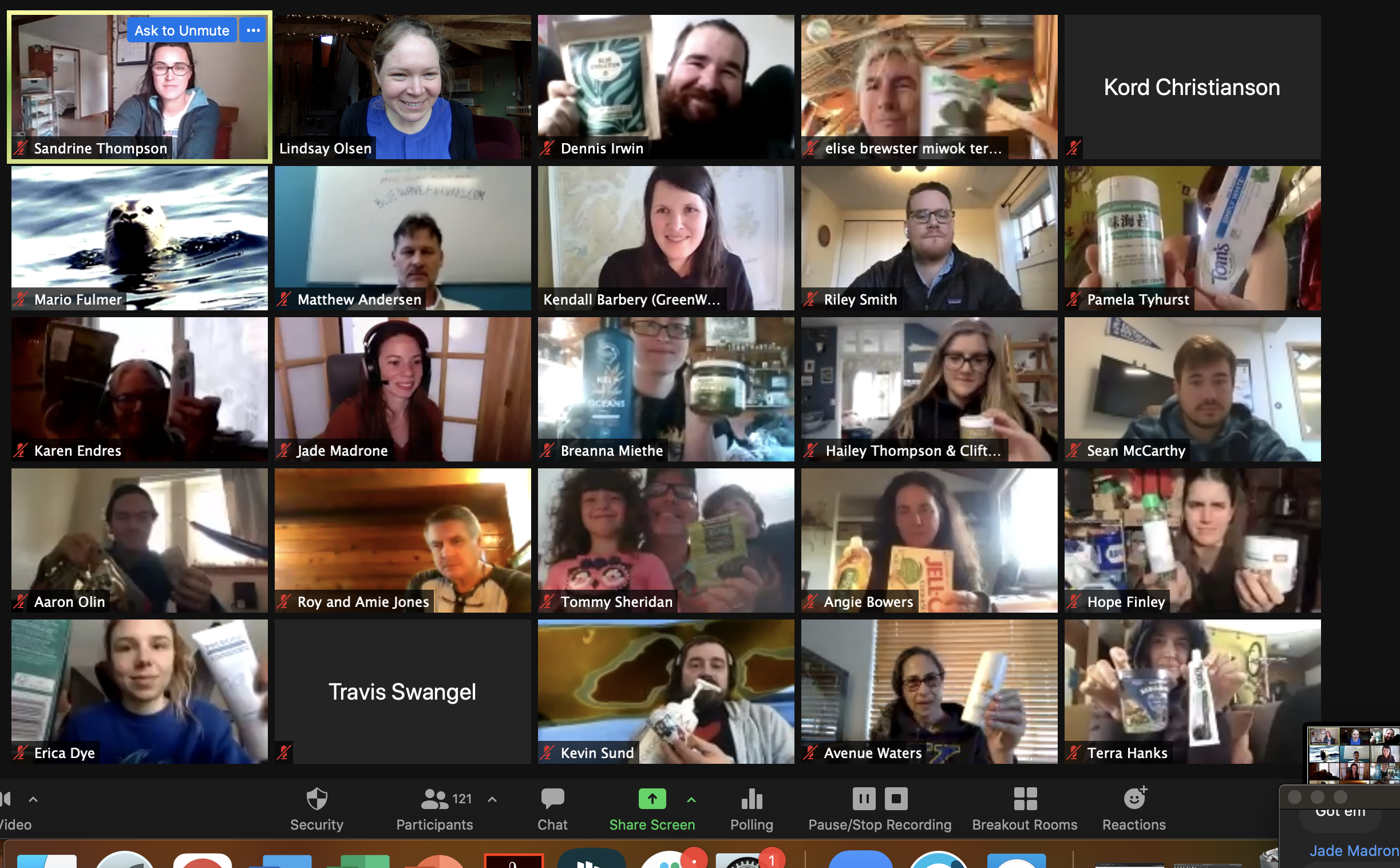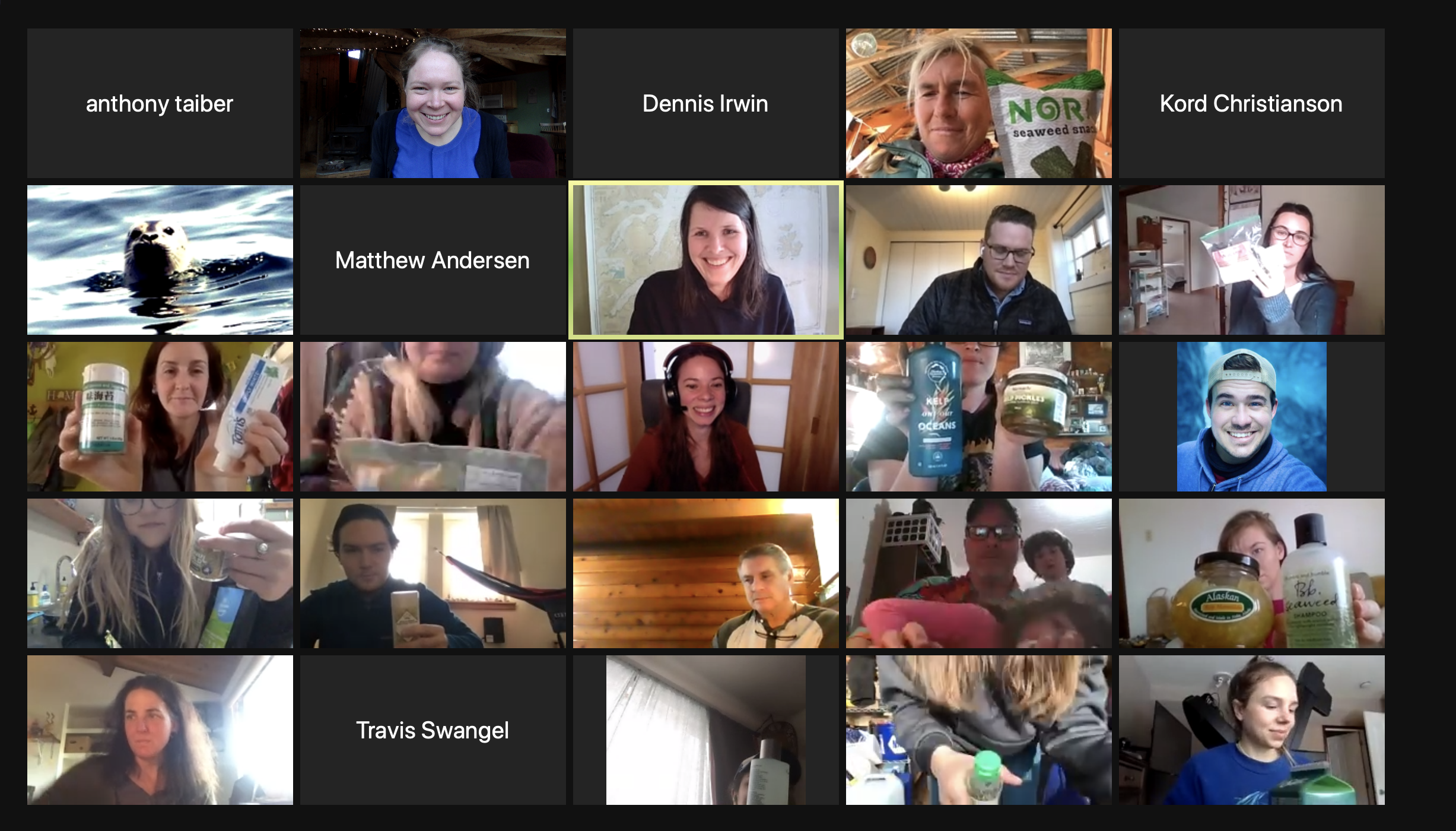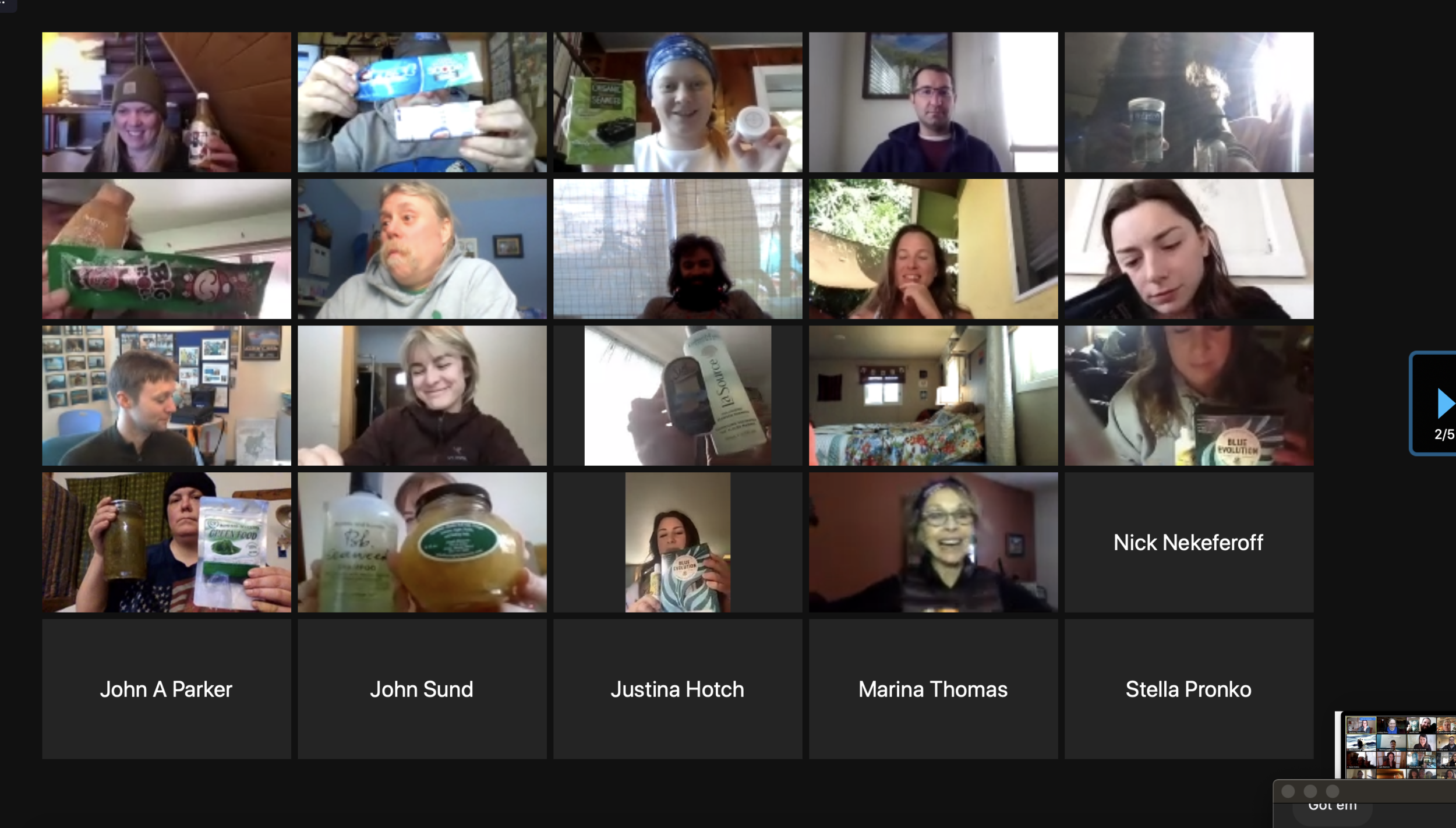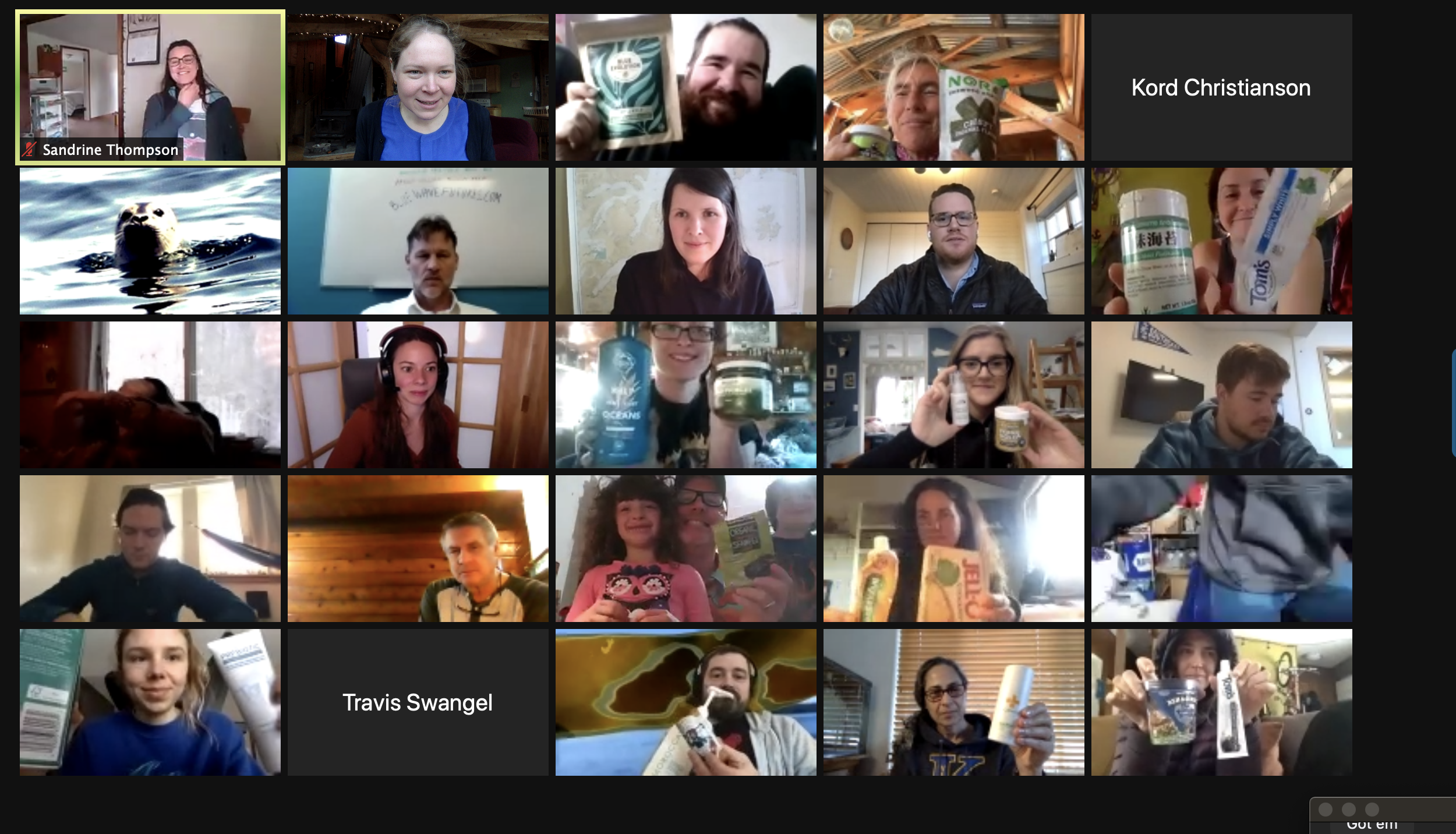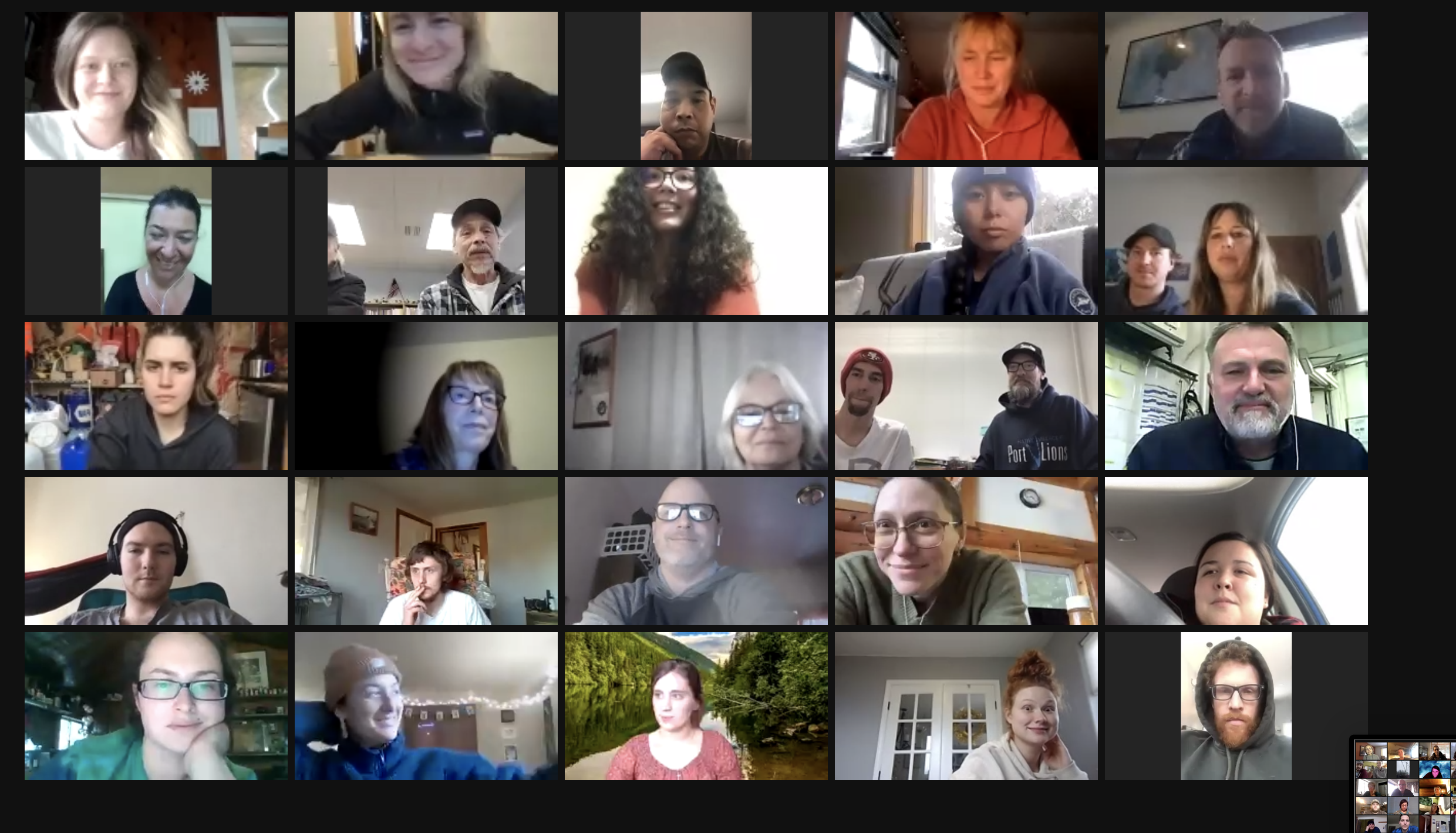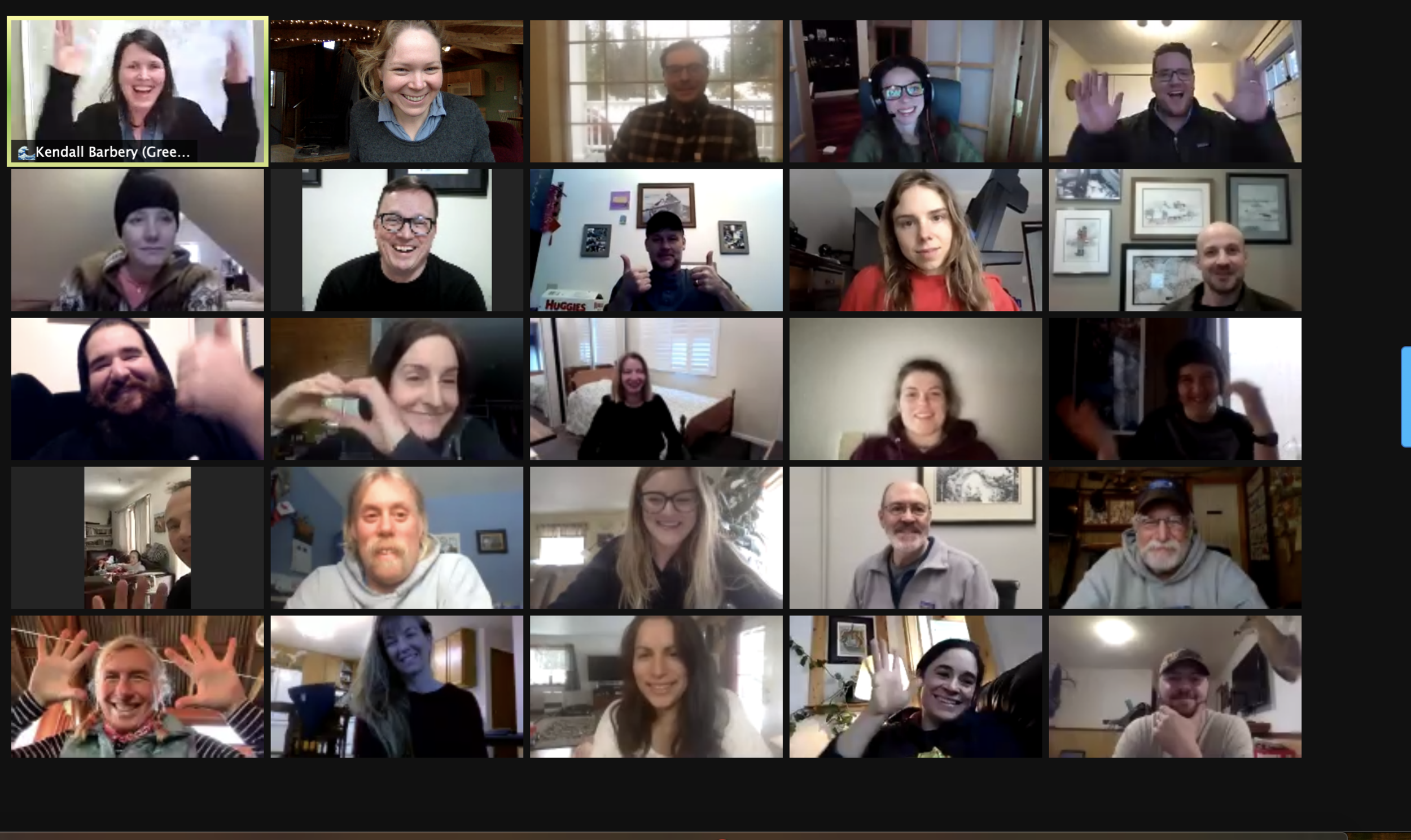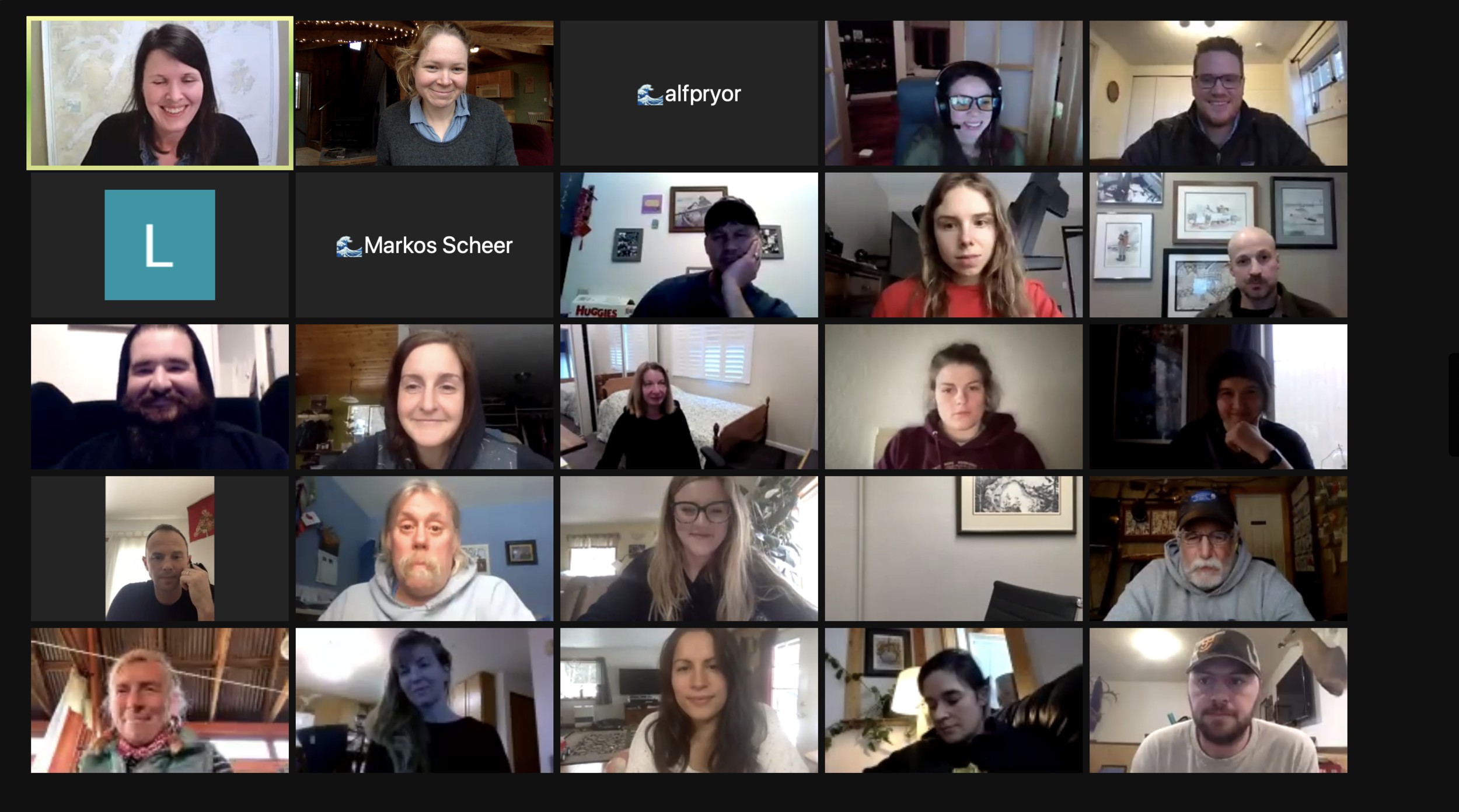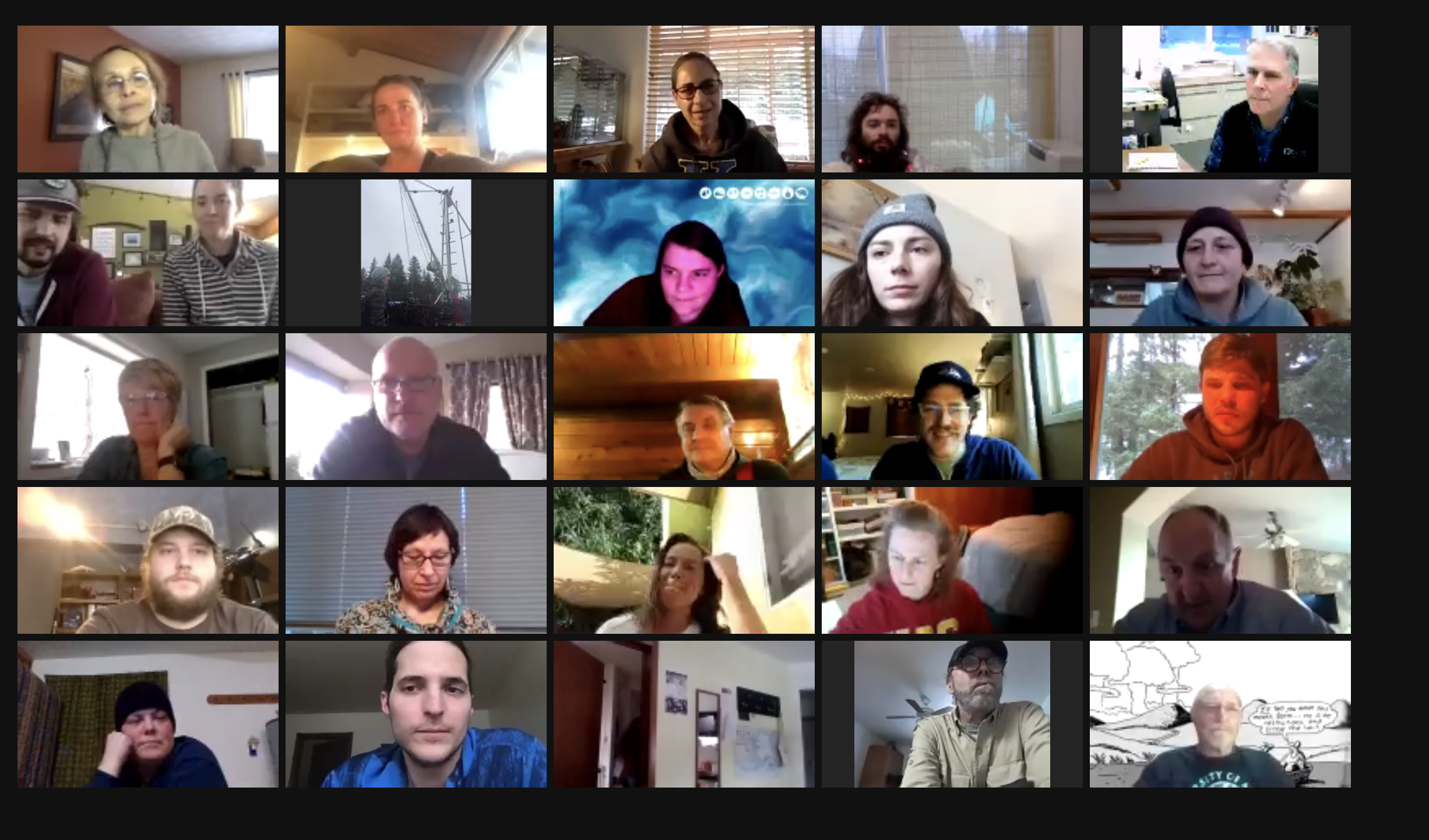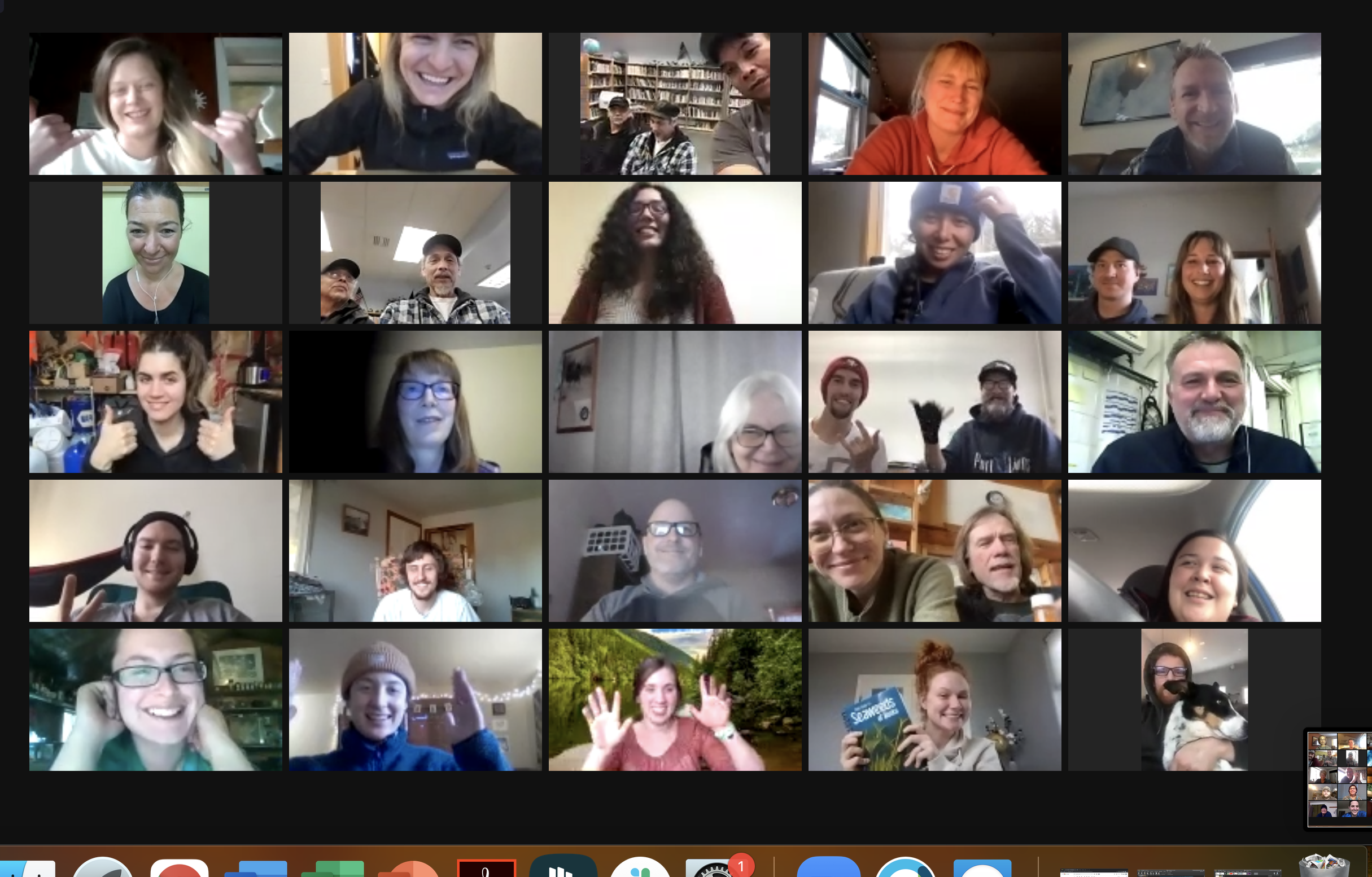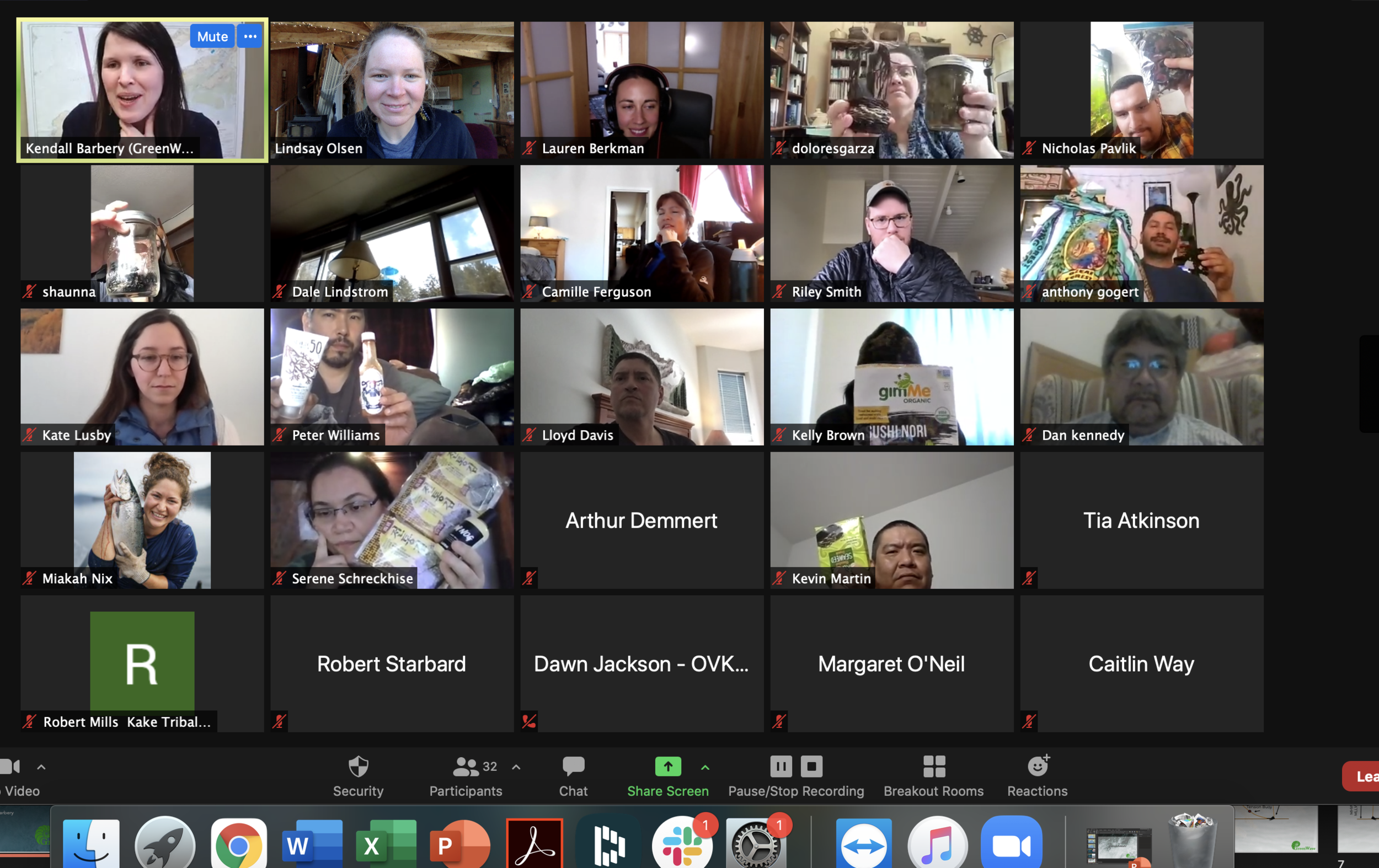Kicking GreenWave Farmer Training into High Gear
GreenWave’s goal is to provide training, tools, and support to a baseline of 10,000 regenerative ocean farmers in the next 10 years. To get there, GreenWave is shifting gears from a high-touch Farmer-in-Training program to offer a mix of high- and low-touch training opportunities. “We’re making a huge leap from 8-10 trainees per year in New England to hundreds of training program participants per year across the country, but this transition didn’t happen overnight,” says GreenWave Programs Director, Kendall Barbery. “Our team has grown and built the expertise to serve emerging farmers in new regions.”
Beginning with broad opportunities, like webinars and online tool resources, farmers who achieve certain milestones (such as permitting a regenerative ocean farm) can access high-touch support services such as in-depth trainings and direct technical assistance. By offering more training opportunities and ways to access resources, like GreenWave’s online Platform and our Ocean Farm Planning Tool, which is currently in beta testing, we’re able to accommodate different learning styles and allow people to learn and engage at their own pace. “We know that not everyone who watches a webinar or participates in a 2-day intensive workshop will become an ocean farmer—but that’s part of the process: giving people the tools and resources they need to make sound decisions about what’s right for them,” says Kendall, “And when they’re ready to take the next step, we’re there to coach them along.”
Since January 2021, we’ve co-hosted nine training sessions and reached over 500+ prospective farmers and hatchery technicians, as well as other folks from southern New England and Alaska interested in regenerative ocean farming. “It takes a lot of preparation and coordination to train hundreds of people at one time. But when we’re able to bring together over 100 people in an online workshop and make it feel like a close-knit community, it’s also really fun and invigorating,” Kendall says. Through this hybrid model, GreenWave aims to reach more emerging ocean farmers with the resources they need to be successful while continuing to provide tailored support and foster the connections that are integral to building a community of farmers.
“Throughout this transition, we are still working to provide one-on-one support to farmers who require extra guidance and input in launching their ocean farms,” says Lindsay Olsen, GreenWave’s Farmer Training Manager. Post-Alaska training support this spring is just one example of this in-depth work. “We offered office hours for training participants to address issues specific to their site and operation and provided one-on-one consultation calls to workshop participants in the process of submitting joint permit and lease applications.”
This year, we’ve covered an assortment of topics ranging from webinars about kelp sales and marketing strategies and the emerging regenerative ocean farming industry in New York state to multi-day, intensive technical workshops covering regenerative ocean farming basics, permitting and leasing, and farm design. This online format has allowed us to include a wide variety of perspectives and speakers, including regenerative farmers, seaweed business owners, Indigenous leaders, state regulators, and other industry experts. “I hope we’ll also inspire a few chefs, engineers, and inventors along the way,” says Kendall.
We look forward to keeping you posted on new training opportunities for farmers and hatchery technicians in the works for 2021 and beyond. GreenWave is grateful for the many incredible partners who are committed to advancing regenerative ocean farming in their communities to achieve local socio-economic, environmental, and climate change goals. Current partners include Alaska Fisheries Development Foundation, Alaska Longline Fishermen's Association, Alaska Sea Grant, Blue Evolution, Ecotrust, Native American Agricultural Fund, the Native Conservancy, NOAA, Oceans Alaska, Organized Village of Kake, Spruce Root, Sustainable Southeast Partnership, Stony Brook University, and USDA.
